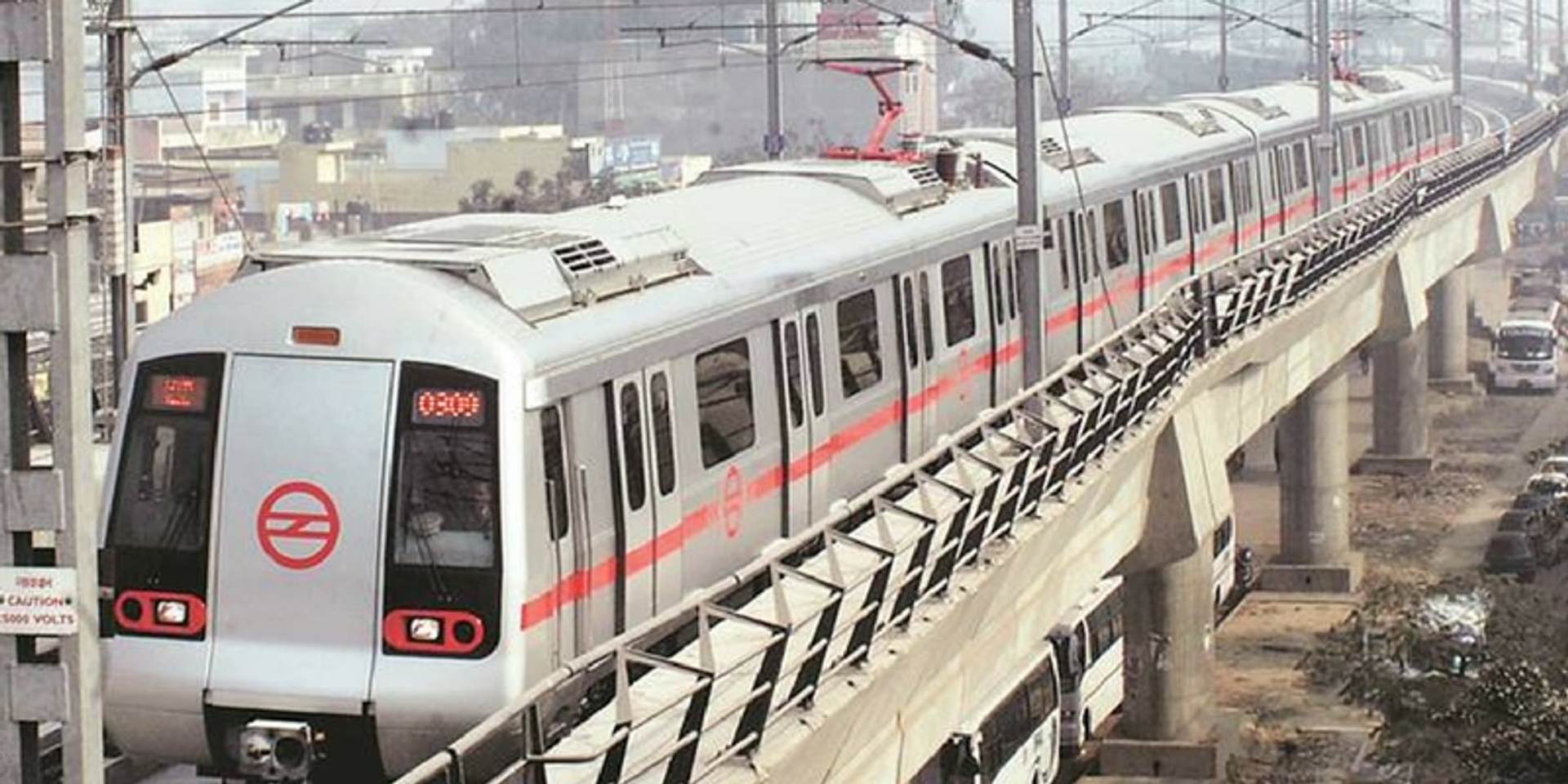Delhi Metro Introduces Cargo Transport Service in Partnership with Blue Dart for Sustainability
The Delhi Metro Rail Corporation (DMRC) has partnered with Blue Dart, a leading logistics provider, to introduce a cargo transport service on Delhi’s metro network. This collaboration, launched in a bid to reduce traffic congestion and air pollution, will use the metro system’s available capacity to carry packages during non-peak hours. The initiative is expected to improve the efficiency of supply chains while contributing to a cleaner, more sustainable city. The service, which started with trials on the Blue Line, will make use of the last coach in select trains, which typically see minimal passenger movement. This ensures that the movement of goods does not interfere with the regular flow of passengers. DMRC officials have clarified that, at least for now, no intermediate coaches will be utilised for cargo transport. With Delhi Metro services starting at 6 am, the transport of goods will primarily occur during the early hours when passenger traffic is relatively light.
Blue Dart’s involvement in this venture marks a significant development in urban logistics. The company will use metro trains to transport cargo across Delhi-NCR, offering a faster and more reliable option for time-sensitive deliveries. This initiative is particularly timely, as the city continues to struggle with traffic gridlocks and the resulting environmental impact, making it a prime opportunity to explore more sustainable solutions. Anuj Dayal, Principal Executive Director at DMRC, emphasised that this collaboration is not just about utilising spare capacity but also about reducing the reliance on road transport, which is a major contributor to Delhi’s air pollution and traffic woes. The move is expected to ease congestion on the roads, while simultaneously lowering vehicular emissions. “This project is the first of its kind in the South Asia Pacific region and showcases our commitment to environmental sustainability,” Dayal said. The cargo transport initiative aligns with global trends where metro systems are increasingly exploring ways to optimise their resources for both passenger and freight transport. For instance, Madrid Metro has already implemented a pilot project in collaboration with logistics partners to carry parcels, a move that has significantly reduced road traffic and pollution. DMRC is drawing insights from this international example, collaborating with Madrid Metro to share knowledge and refine the Delhi-NCR logistics model.
Through this collaboration, DMRC is looking to create a comprehensive urban freight network that integrates first-mile and last-mile connectivity. This not only promises to improve the efficiency of the city’s supply chain but also contributes to reducing urban congestion and pollution. The project will rely on DMRC’s metro stations and tracks, which will serve as logistics hubs for the region. According to officials, expanding this network to include additional metro stations will be key to scaling the project and reducing Delhi’s carbon footprint. The project also reflects a growing trend of incorporating sustainability into urban infrastructure. By repurposing metro infrastructure for cargo transport, DMRC and Blue Dart are setting a new benchmark for green logistics in the region. The initiative is expected to not only improve the delivery timelines for businesses but also encourage the use of metro networks in other cities for similar purposes, thereby contributing to broader environmental goals.
As the project progresses, DMRC aims to further optimise its resources and enhance the network’s operational efficiency. With long-term goals of establishing a robust and sustainable urban freight system, the metro corporation is looking to position itself as a pioneer in eco-friendly urban transport solutions. Through this innovative project, both DMRC and Blue Dart are underscoring their commitment to sustainability, efficiency, and the transformation of urban logistics in India’s capital. With Delhi’s air quality continuing to remain a significant challenge, such forward-thinking initiatives are crucial. By repurposing the metro system’s infrastructure for logistics, the city is taking bold steps to address both its environmental and congestion-related issues. If successful, this initiative could set the stage for similar projects in other cities across India and the South Asia Pacific region, turning metro systems into integral components of urban logistics.




